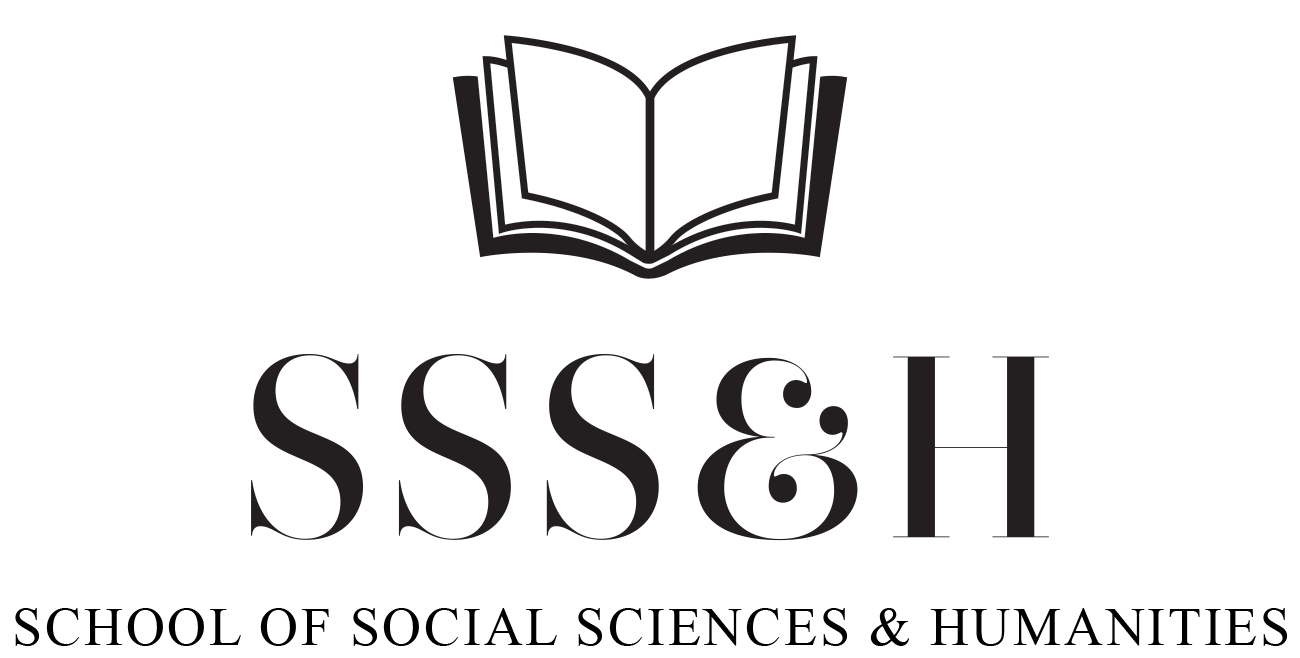Mariam (2016): on being a Muslim girl in France
Category :
Tags :
By Samarjit Chowdhury, MSOC (PG), SEM-2
Introduction
In the year 2023, the French Minister of Education, Gabriel Attal, was quoted by the press, “When you walk into a classroom, you shouldn't be able to identify the pupils' religion just by looking at them." (Rfi, 2023) Following that comment, Attal vowed to bring a ban on the wearing of the abaya in public schools. This entailed extending the purview of the existing “laicite” laws that ban any form of religious clothing in state-funded primary and secondary-education institutes. It is an understatement that such statutes have given rise to heated and divisive discourse surrounding religious identity, religious freedom, women’s autonomy, and what it means to be a French citizen. Director Faiza Ambah’s short film “Mariam” (2016) produced by Bizibi Productions grapples with some of these questions and attempts to showcase the perspective of Muslim women, often pushed to the margins in the heated rhetoric surrounding this issue.
The movie
The forty-five minute long short film revolves around Mariam, a girl around the age of fifteen who starts wearing the hijab after going on Hajj with her grandmother. In a tender moment in the film, Mariam reveals to her best-friend that wearing the hijab provides her with an inexplicable sense of security and protection that she had been missing since the demise of her mother. Her decision was, unfortunately, ill-fated as France had enforced the law banning overtly religious symbols in public schools around the time when she starts the school year. Her school administrator refuses to allow her and other hijabi students to attend their classes. The students protest. However, the fear of getting expelled makes many students bend under the institutional pressure and deny their selfhood. Mariam too finally gives in to the pressure after her father cuts up her hijab into pieces, but not without having the last laugh. When she finally takes off her hijab in front of her school administrator, she reveals a shaven head. We see a gleeful Mariam go to her classroom with her friend, having embarassed the administrator.
On Being a Muslim Girl in France Mariam is not unlike any teenager growing up in the early noughties France. She loves hip-hop, dancing to Bollywood music and has already fallen head over heels for a boy in her school. Ambah has been able to juxtapose a coming-of-age story with the turbulent background of the “War on Terrorism” that had gripped every Western European country at the time, presenting to us a poignant film on what it means to belong as a Muslim girl in France. In the early 2000s, the World Trade Center tragedy and the subsequent Afghanistan invasion by the USA prompted many countries to employ measures to protect their security. France, on 15th March 2004, brought out a law that banned overtly religious symbols in public schools. This was done with the motive of strengthening France’s “laicite” laws. These laws effectively define the French form of secularism. Originally, laicite meant not only separation of the Catholic church and the Republican State but also ensure the neutrality of the State in matters of Religion. However, Scholars have long pointed out that there has been a long tradition of Judeo-Christian exceptionalism in France when it comes to laicite laws (e.g. Ferrara, 2019; Robin, 2023; Lizotte, 2023).
The films main contention lies in its attempt to address the implications behind strengthening laicite laws as a tool of persecution and its stringent persecution of the Muslim community. It is not erroneous to speculate that the French government with its 2004 amendments to laicite laws and its 2023 extension to include abayas (S. E. W. Rfi, 2023), is engaging in a project of demarcating the limits of what it should mean to be a French citizen. Does that mean that France does not recognize Muslim people, born and raised in France, as its citizens? Is the French identity limited to the Catholic ideal? Where is the sense of religious pluralism that is often touted as the hallmark of Western liberal polities?
It is extremely poignant and powerful of a statement that Faiza Ambah makes at the end of the film where Mariam reveals her shaven head under the hijab to her administrator. It can be interpreted as a commentary on Muslim womanhood. For Mariam, her hijab had spiritual meaning which is often overlooked by the western critics of veiling in Islam. For the critics, the veil is (still) the one true vanguard of all oppression in Islamic countries when the problem is more layered than it appears. Scholars like Lila Abu-Lughod (2002) have noted the multiple forms of meaning that is attached to veil in Islamic cultures and the one-dimensionality of the veil is a wrongful notion entrenched in a parochial imagination of the West. Hence, for Mariam, shaving her hair, the covering of which caused her to be stigmatised, is an act of rebellion.
Ambah does not pontificate through her film about the stigmatisation of the hijab but invites us to understand the realities of Muslim women with empathy and sincerity.
References
- Abu‐Lughod, L. (2002). Do Muslim women really need saving? Anthropological reflections on cultural relativism and its others. American Anthropologist, 104(3), 783–790. https://doi.org/10.1525/aa.2002.104.3.783
- Ferrara, C. F. (2019, October 2). The Catholic-ness of secular France. Europe Now. https://www.europenowjournal.org/2019/10/02/the-catholic-ness-of-secular-france/
- Lizotte, C. (2023). Rethinking laïcité as a geopolitical concept. Modern & Contemporary France, 31(3), 305–321. https://doi.org/10.1080/09639489.2023.2167964
- Rfi, M. C. W. (2023, August 28). New French education minister bans abaya dresses in schools. RFI. https://www.rfi.fr/en/france/20230828-new-french-education-minister-bans-abayas-dresses-in-schools
- Rfi, S. E. W. (2023, August 29). Cultural garment or religious symbol? Debate over France’s ban on abayas in school. RFI. https://www.rfi.fr/en/france/20230829-cultural-garment-or-religious-symbol-debate-over-france-s-ban-on-abyas-in-school
- Robin, M. (2023, April 18). Laïcité in France: From freedom of the church to the protection of a Judeo-Christian exceptionalism. MIR. https://www.mironline.ca/laicite-in-france-from-freedom-of-the-church-to-the-protection-of-a-judeo-christian-exceptionalism/

